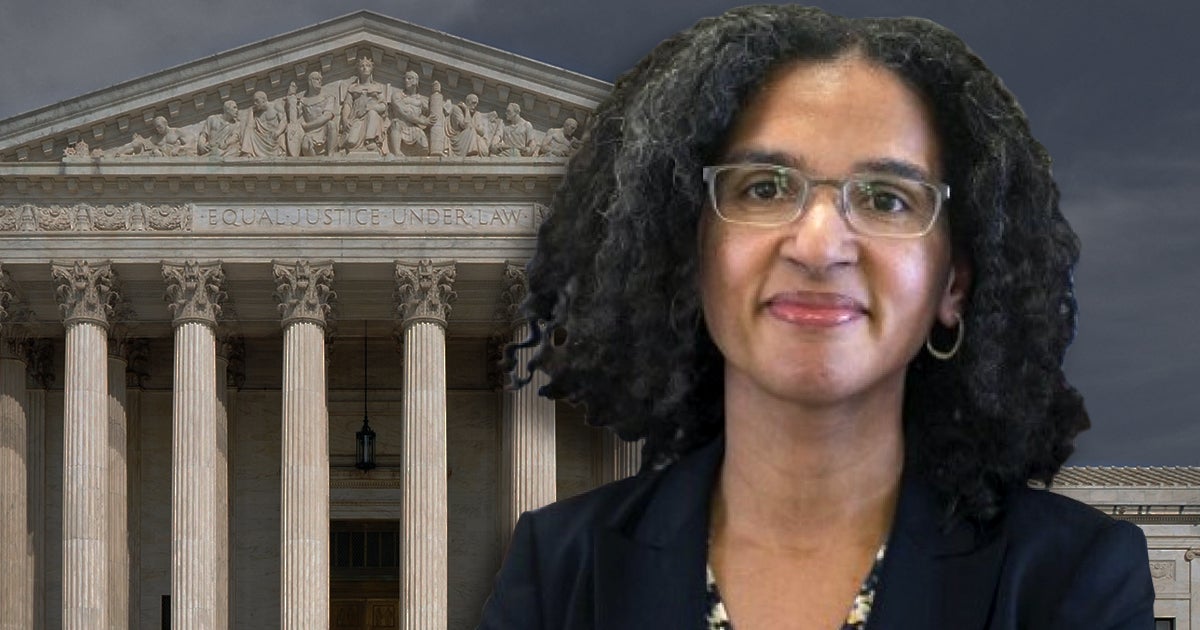
by First Liberty Institute • 6 min read
President Biden says he hopes to announce a nominee to replace retiring Supreme Court Justice Stephen Breyer by the end of February.
Leondra Kruger—who currently serves on the California Supreme Court—is widely considered one of the leading contenders. But a review of her record suggests she could be hostile to religious liberty.
Kruger spent six years at the US Solicitor General’s office and argued 12 cases before the Supreme Court on behalf of the federal government.
In one of those cases, Hosanna-Tabor Evangelical Lutheran Church and School v. EEOC (2012), Kruger and the Obama administration’s Department of Justice took an aggressive position against the ministerial exception. This legal doctrine generally bars the government from intruding in the internal affairs of religious organizations. It protects the liberty of houses of worship and faith-based organizations to make employment decisions based on their beliefs.
During oral argument, Kruger broadly argued in opposition to the ministerial exception, which stunned several of the justices.
Justice Scalia referred to Kruger’s position as “extraordinary.” Even Justice Kagan—one of the Court’s more liberal members—was “amazed.” Here’s a snippet of the exchange:
CHIEF JUSTICE ROBERTS: In other words, is there a ministerial exception distinct from the right of association under the First Amendment?
KRUGER: We think that the ministerial exception is one that incorporates the right of association as well as the rights under the religion clauses.
CHIEF JUSTICE ROBERTS: Is there anything special about the fact that the people involved in this case are part of a religious organization?
KRUGER: We think that the—the analysis is one that the Court has—has elaborated in other cases involving similar claims to autonomy, noninterference…
CHIEF JUSTICE ROBERTS: Is that a “No”? You say it’s similar to other cases. Expressive associations—a group of people who are interested in labor rights have expressive associations. Is the issue we are talking about here in the view of the United States any different than any other group of people who get together for an expressive right?
KRUGER: We think the basic contours of the inquiry are not different. We think how the inquiry plays out in particular cases may be –
JUSTICE SCALIA: That’s extraordinary….We’re talking here about the Free Exercise Clause and about the Establishment Clause, and you say they have no special application to…
KRUGER: The contours—but the inquiry that the Court has set out as to expressive associations we think translate quite well to analyzing the claim that Petitioner has made here. And for this reason, we don’t think that the job duties of a particular religious employee in an organization are relevant to the inquiry….
JUSTICE KAGAN: So, this is to go back to Justice Scalia’s question, because I too find that amazing, that you think that the Free—neither the Free Exercise Clause nor the Establishment Clause has anything to say about a church’s relationship with its own employees.
Additionally, the brief submitted by the Obama DOJ (bearing Kruger’s name as Acting Deputy Solicitor General) disputed whether the ministerial exception existed at all, instead of how or under what circumstances it should be applied.
That was—and is—a very alarming position for a possible Supreme Court nominee.
Constitutional scholar Ed Whelan noted that the DOJ’s position was “even more hostile to the ministerial exemption than the amicus brief filed by Americans United for Separation of Church and State and the ACLU.” He added that such a stance “threatens to expose churches and other religious institutions to a broad array of employment-discrimination claims that the ministerial-exception has long shielded them from.”
In the end, the Supreme Court ruled unanimously in Hosanna-Tabor, affirming the ministerial exception is firmly rooted and consistent with the First Amendment. It made clear: “It is impermissible for the government to contradict a church’s determination of who can act as its ministers.” In other words, religious groups—not the state—are the ones to decide who is a minister.
In the opinion, Chief Justice Roberts made a point to call out the DOJ’s extreme stance:
“Their position, however, is hard to square with the text of the First Amendment itself, which gives special solicitude to the rights of religious organizations. The Court cannot accept the remarkable view that the Religion Clauses have nothing to say about a religious organization’s freedom to select its own ministers.”
President Biden’s judicial picks so far have inspired little confidence on religious liberty. If Kruger were selected to fill the Supreme Court vacancy, she’d add to Biden’s growing list of nominees whose records show they’ve worked against the protection of Americans’ First Freedom.
People of faith across our country face growing attacks on their freedoms, and they cannot afford a Supreme Court justice who is an enemy of religious liberty. Rather than playing identity politics, the President must ensure he selects someone committed to the Constitution—an impartial jurist who will rule according to principle and protect the God-given of all Americans to live out their faith.